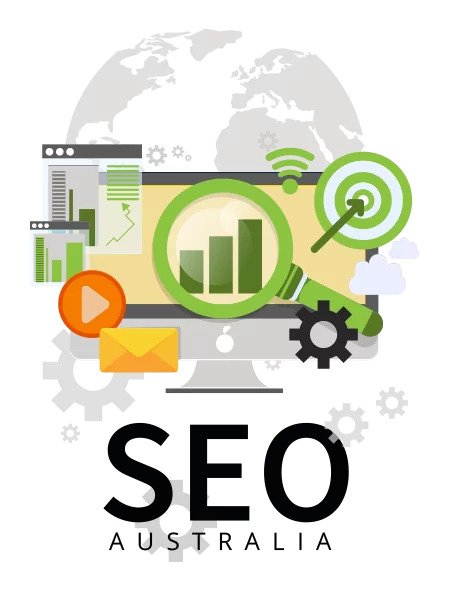In the digital age, where most of our interactions and transactions take place online, Search Engine Optimisation (SEO) has become an essential tool for businesses of all sizes. However, as the world of SEO evolves, it’s crucial to understand the nuances within this domain, primarily the difference between Local SEO and Organic Results. Both are critical components of online marketing, but they serve different purposes and require distinct strategies. In this article, we’ll break down the key differences between these two SEO types & how a local seo expert can help.
- Definition and Purpose:
- Local SEO: This refers to the process of optimising your online presence so that your business appears in local search results. The primary goal is to drive local traffic to your business, targeting users within a specific geographic area. For instance, if you own a pizza place in Sydney, local SEO ensures that residents searching for “pizza near me” in Sydney see your establishment among the top results.
- Organic Results: These are listings that appear in search engine results naturally, without being influenced by paid advertisements. Organic SEO focuses on enhancing the visibility of a website on a national or global scale. It’s about ensuring your website ranks high for a broad range of keywords, regardless of the searcher’s location.
- Ranking Factors:
- Local SEO: The primary ranking factors for local SEO include proximity (how close the business is to the searcher), relevance (how well the business matches the search query), and prominence (how well-known or reputable the business is in its area). Online reviews, Google My Business listings, and local citations play crucial roles in local rankings.
- Organic Results: Organic rankings are influenced by website quality, content relevance, backlinks, mobile-friendliness, site speed, and other technical factors. While online reviews can play a part, they are not as vital as in local SEO.
- Results Display:
- Local SEO: When successful, local SEO results typically appear in the “Local Pack” or “Map Pack” on Google. This is a set of three (or sometimes more) local businesses that match the search query, displayed with a map.
- Organic Results: These appear below the Local Pack and are not attached to a map. They are the regular listings you see on a search results page, excluding any paid advertisements.
- Target Audience:
- Local SEO: As the name suggests, local SEO targets a local audience. It’s perfect for brick-and-mortar businesses, service providers in specific areas, or any company looking to attract foot traffic.
- Organic Results: This strategy targets a broader, often national or global audience. It’s ideal for businesses offering products or services that aren’t bound by geographic constraints.
- Keyword Strategy:
- Local SEO: Keywords are often paired with a geographic location. For example, “dentist in Melbourne” or “Perth pet store.”
- Organic Results: Keywords are more general and not necessarily tied to a location. Examples include “how to train a puppy” or “best dental care tips.”
Finally, while Local SEO and Organic SEO are different in their approach and execution, both are vital components of a comprehensive digital marketing strategy. Local SEO is about visibility on a local scale, ensuring your business is seen by those in your immediate vicinity. Organic SEO, on the other hand, is about reaching a wider audience and establishing your brand’s online authority. Depending on your business type and goals, you might prioritise one over the other, but integrating both will undoubtedly maximise your online success & a local seo expert can help.

